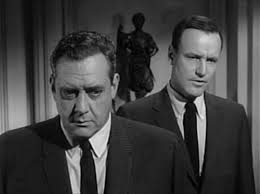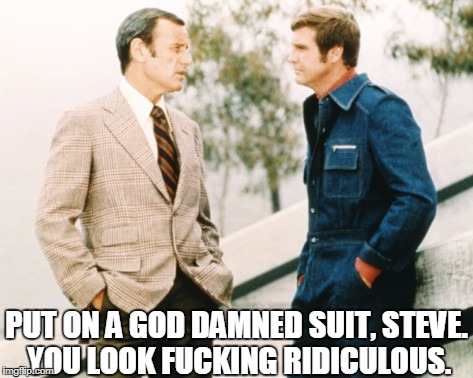Dick Gregory.

https://www.nytimes.com/2017/08/19/arts/dick-gregory-dies-at-84.html

Though he clearly seethed over the repression of blacks, he resorted to neither scoldings nor lectures when playing big-time rooms like the hungry i in San Francisco or the Village Gate in New York. Rather, he won audiences over with wry observations about the country’s racial chasm.
He would plant himself on a stool, the picture of insouciance in a three-button suit and dark tie, dragging slowly on a cigarette, which he used as a punctuation mark. From that perch he would bid America to look in the mirror, and to laugh at itself.
“Segregation is not all bad,” he would say. “Have you ever heard of a collision where the people in the back of the bus got hurt?” Or: “You know the definition of a Southern moderate? That’s a cat that’ll lynch you from a low tree.” Or: “I heard we’ve got lots of black astronauts. Saving them for the first spaceflight to the sun.”
Some lines became classics, like the one about a restaurant waitress in the segregated South who told him, “We don’t serve colored people here,” to which Mr. Gregory replied: “That’s all right, I don’t eat colored people. Just bring me a whole fried chicken.” Lunch-counter sit-ins, central to the early civil rights protests, did not always work out as planned. “I sat in at a lunch counter for nine months,” he said. “When they finally integrated, they didn’t have what I wanted.”
Mr. Gregory was a national sensation in the early 1960s, earning thousands of dollars a week from club dates and from records like “In Living Black and White” and “Dick Gregory Talks Turkey.” He wrote the first of his dozen books. Time magazine, enormously powerful then, ran a profile of him. Jack Paar, that era’s “Tonight Show” host, had him on as a guest — after Mr. Gregory demanded that he be invited to sit for a chat. Until then, black performers did their numbers, then had to leave. Time on Paar’s sofa was a sign of having arrived.
Newspapers in those days routinely put Mr. Gregory on a par with two white performers, Mort Sahl and Lenny Bruce, anointing them a troika of modern satire. Just as routinely, he was later credited with paving the way for a new wave of black comedians who would make it big in the white world, notably two talents of thoroughly different sensibilities: the reflective Bill Cosby and the trenchant Richard Pryor.
It was Mr. Gregory’s conviction that within a well-delivered joke lies power. He learned that lesson growing up in St. Louis, achingly poor and fatherless and often picked on by other children in his neighborhood.
“They were going to laugh anyway, but if I made the jokes they’d laugh withme instead of at me,” he said in a 1964 autobiography, written with Robert Lipsyte. “After a while,” he wrote, “I could say anything I wanted. I got a reputation as a funny man. And then I started to turn the jokes on them.”
https://www.nytimes.com/2017/08/19/arts/dick-gregory-dies-at-84.html
Upvote
0








